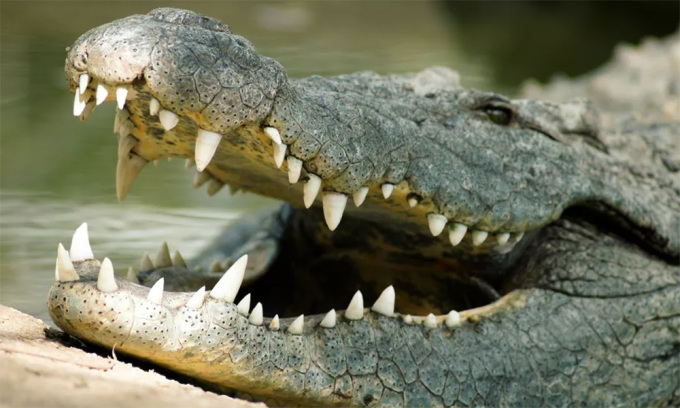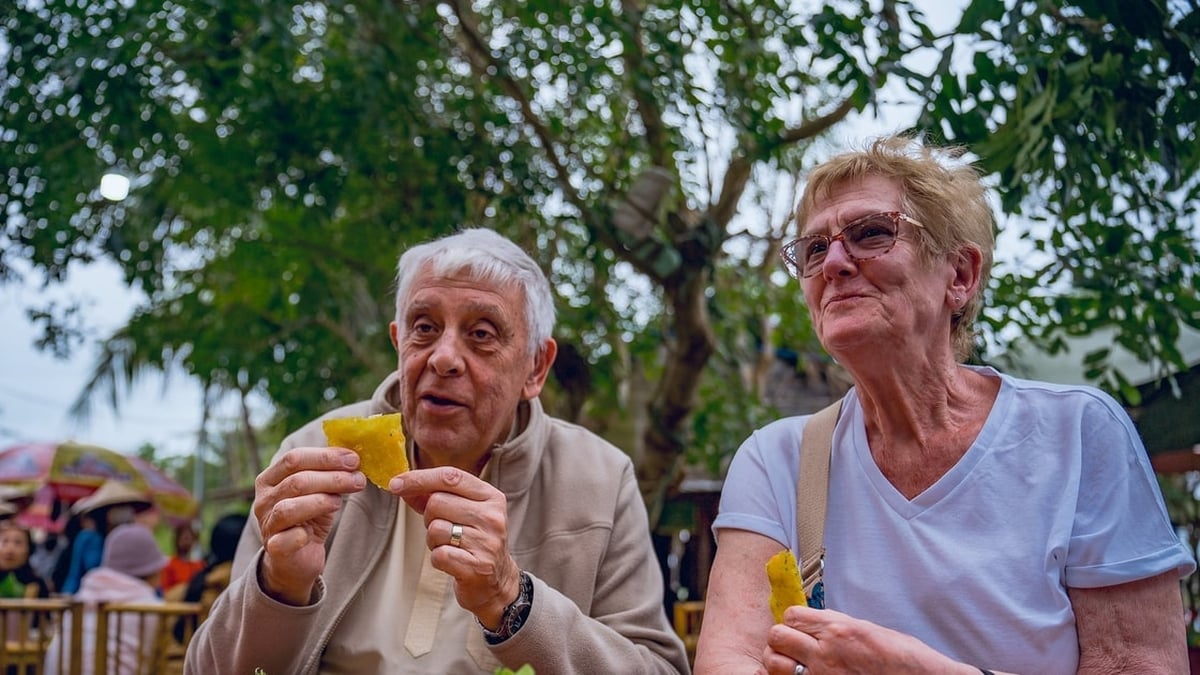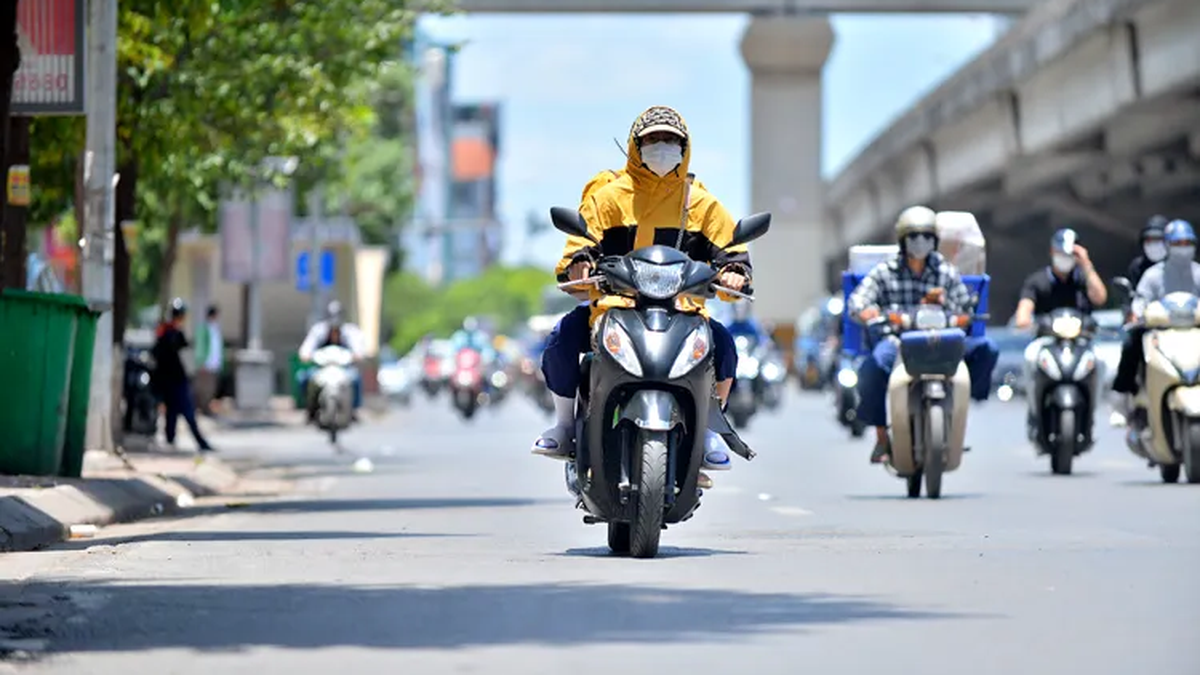An Australian man surprised everyone when he was able to pry open the jaws of a saltwater crocodile, the animal with the strongest bite on Earth, to escape.

Adult saltwater crocodiles have a bite force of up to 3,700 psi (16,460 N). Photo: Hindenburgdalhoff
Marcus McGowan was attacked from behind by a saltwater crocodile ( Crocodylus porosus ) while snorkeling about 25 miles off the coast of Cape York, Queensland. However, McGowan managed to pry open the attacker's jaws before it could get a better grip, Live Science reported on June 6.
“I was able to open its jaws wide enough to get its head out. The crocodile tried to attack a second time, but I pushed it away with my right hand and got bitten on the hand,” McGowan said. McGowan was then taken to hospital to be treated for injuries to his head and hand, which were relatively minor compared to fighting one of the most powerful predators on the planet.
Crocodiles are famous for their powerful jaws. According to measurements, the saltwater crocodile has the strongest bite on the planet. "They look like they have a fat neck, but it's actually jaw muscle," says Paul Gignac, an anatomist at the University of Arizona. According to a 2012 study Gignac helped conduct, these impressive neck muscles allow adult saltwater crocodiles to grip prey with a force of 3,700 psi (16,460 N). Another formidable predator, the jaguar (Panthera onca), has a bite force of about 1,500 psi.
McGowan believes the alligator that attacked him was about 6 to 10 feet long, meaning it was not fully grown. However, even young alligators can deliver a fairly powerful bite, around 250 psi, Gignac said. "It's amazing that McGowan survived. Alligators don't usually let go once they've grabbed them," Gignac said.
Gignac said the man may have been lucky because the crocodile was too young or incapable of performing the "death twist" - violently twisting in the water while biting prey to disorient or dismember it.
In McGowan's case, he may have survived for a number of reasons. First, the alligator wasn't using its entire jaw to grab McGowan. "The bite force is less when it's off the jaw joint. So the tip of their snout typically has about 40 percent less bite force," Gignac explains.
The crocodile’s health may also be a factor. Reptiles are cold-blooded, meaning they rely heavily on external heat sources to control their body temperature, and have slower metabolisms than warm-blooded animals. As a result, they tend to have smaller energy reserves than most warm-blooded animals. While crocodiles can attack fiercely at first, they tire relatively quickly. Gignac adds that crocodiles need to rest before they can reach peak performance again.
Under these conditions, it is possible for a human to escape from the crocodile's mouth. When attacked, the human body often releases large amounts of adrenaline, increasing heart rate and breathing. This response increases the amount of oxygen delivered to the muscles, giving the human a temporary energy boost.
Thu Thao (According to Live Science )
Source link



































































![[Photo] National Assembly Chairman Tran Thanh Man receives Chairman of Morocco-Vietnam Friendship Association](https://vphoto.vietnam.vn/thumb/402x226/vietnam/resource/IMAGE/2025/7/26/b5fb486562044db9a5e95efb6dc6a263)



































Comment (0)